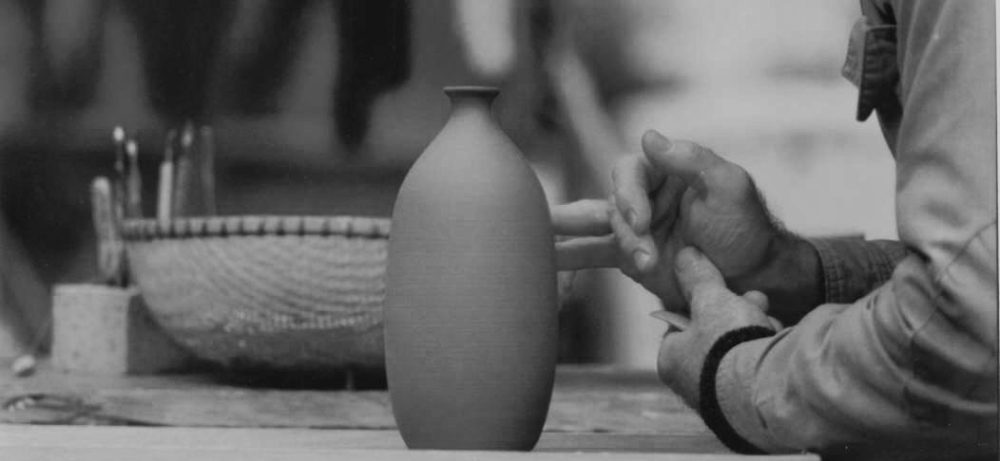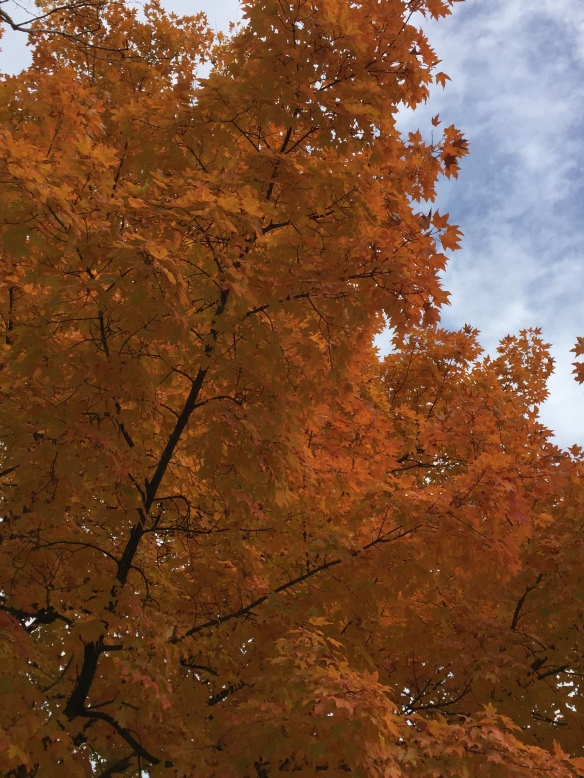One Word.
Beginning each essay around one word has been my way of seeding the thoughts—sparking the contemplation required for my style of processing and ultimately getting it together to do this thing called writing. Select any one essay, with any one word associated, and I can guarantee one thing, I am most likely not very qualified to write about it; but I do anyway.
In the essay entitled Compassion, I wrote about three masters of unconditional love; Snoopy, Freckles, and BB. At that time, BB, our daughter’s Yorkie Terrier, was 13. That was four years ago. He left us in his 17th year. Once his mom found her own house, he still stayed with us during her work day. He and I loved to watch Drew Carey on The Price is Right (CBS). BB’s physical condition had come to the point where he could not be left alone. If his back legs gave way, he couldn’t get back up by himself. And every time I picked him up, I would get a kiss. But at the end, his heart weakened and breathing had become labored. Even though our days had become restrictive for his care, I miss him so much. The Price is Right just ain’t the same. Sorry Drew.
The unconditional love of a dog is one fine way of being known by grace.
Grace, a Way of Being
As Parker J. Palmer has written on many occasions, we will have our heart broken. He encourages the individual to not allow the heart to break apart, but embrace that it has broken open. What I hear in there is that broken open can now allow more to come into our heart, into the core of our being.
Four weeks after the heartbreaking goodbye with BB, grace appeared to our daughter. Macy came to live with her. She is an 11 year old, full of energy, sweet and cuddly Yorkie. Macy’s owner passed away when Macy was about 6. She went to live with Teresa (daughter of owner) and family, including big dogs and horses. For some time, Teresa kept saying to Anna that Macy should come and live with her. Of course Anna was very dedicated to BB’s needs and last years. Teresa delivered Macy and her belongings on Anna’s birthday, saying it was okay to be on a trial basis. It was love at first sight—trial over.
When I was a very young man, my maternal grandfather, as he met the end of his life, said to me that he had no regrets. I determined to be able to say that in my later years. This year, I hit the ripe age of 70 and I have to be honest, I do have a few regrets. Recently one of those regrets came to the surface—that I did not find a way to pursue Veterinary Medicine. The lack of money stopped this aim in my sophomore year in college. I love creation and the Creator’s creatures. If you listen, creation and the creatures speak to us about a Oneness that is very real with The Mother—this wonderful earth, and throughout the universe.
At the same time, I don’t regret my settling (maybe) for a degree in Accounting; it has served me well. This knowledge and experience provided me opportunities of connection and camaraderie that I treasure. Most of it just memories now—remembered in the stories I tell when needed. Maybe I’m ever more free to love creation, and from the love returned to me from same, love others. But I currently feel the confrontation of tangible love and political sensibilities.
Conscious Oneness
On November 5th of this birthday year, my country, by majority, chose clearly to move further down the path of violence and hate. I’m afraid I will carry this deep disgust and disappointment in my spirit for the remainder of my life. My daily walks since have been challenging; meditation circumvented by the processing of disbelieving anger. Normally I’m rather consistent with being with nature and the oneness of all creation as I walk. As I say, this has been a struggle, but on November 11, something happened—something difficult to describe. But here, I try.
It is not uncommon on my walks to see deer. There is one deer in particular that I’ve labeled as “my girlfriend”—a lovely doe who never seems disturbed by my presence. While others that may be near raise the white flag of tail and bound into the trees, she stays and just looks at me, and often will simply go about grazing on grass as before I arrived. On the 11th, it had been quite a while since I’d seen her. Have you ever had the feeling that someone is looking at you, or that there’s the presence of another suddenly close by? It’s the feeling I get just before seeing her—and let’s be clear, she always knows I’m there before I see her.
On the morning of the 11th, the feeling of presence was abrupt. I had been walking along with my hands clasped together behind me, making my heart center very open, a physical posture not normal to me. I stopped cold in my tracks, looked to my left into the trees, and there she was, those beautiful eyes gazing intently, her ears perked, and not a single movement. As usual I spoke to her, reminding her of her beauty and sweet spirit. I had the feeling she was not alone, but the Creator’s camouflage made it hard to determine any others; I would not have even seen her but for the power of her uniqueness.
I decided to leave her to her purpose for the morning, took a few steps and found myself stopped again and looking right back to where she was. She had not moved and I then saw the other two, their eyes gazing intently and ears perked just like her. It was if all three were not real. Then it happened. My hands were still at my back and my center exposed, when directly from the three some form of energy hit me square in my center. Everything I’d been mentally processing left me, I began to breathe deep breaths, and my eyes filled with tears. After a few moments all I could think, and say, was Thanks. I continued on my walk and about 2 or 3 minutes later felt it all over again.
I honestly do not know what I experienced, but it was real—a tangible communication gifted to me directly from these three creatures. It was if she were three in one, one in three, and by such grace I was gifted this oneness. As the hours went by, I found myself wondering if something had been given to me or had something been taken away from me. Or could it be both?
Love is the Answer
Somewhere along the way with writing, I talked about my writing in coffee shops. As a Coach, being an excellent listener was the skill (and care) that made me into a Coach many years ago. However, I still listen in those coffee shops, hearing anything said around me; it drives me nuts—which is why I listen to music from my phone as I write. And many times, to get it all flowing, I listen to Todd Rundgren’s Love is the Answer. I love this song for many reasons, but mostly because it fires up my voice in the writing.
And so now I’m faced with re-firing my voice in the world—in a world where I am increasingly tempted to give up hope and at the same time determined to hope against hope. So I pray—without words—that when tempted to give up, my doe friend-girl will continue to stop me in my tracks, Macy will continue to wriggle with excitement when she sees me and continue to enjoy our rides together, and lick my hand and neck incessantly. It will be the creatures and creation, without a shadow of a doubt, that keep me going.
There is no other way. It cannot be done with hatred. It can only be done by people who have compassion and awareness of their own lives in the light of creation.
—James Lawson
So let us one-by-one detach from any and all we may have been taught that allows any form of violence in thought, talk, or task. May we forgive ourselves, and one another, for individual and collective complicity in this hateful flow.
I’m grappling with the reality that I may not live to see this prayer answered in a collective realm. But maybe such prayer breathed is the very essence of hope against hope for me as an individual on this earth treasure.
The soul does not attach, nor does it hate; it desires and loves and lets go.
—Fr. Richard Rohr
The First Shall be Last
For way too long, and since it first began,
to put oneself above another man.
In this country, free as we say,
we put our differences on display.
Holy seemed, to put America first,
only to present ourselves at our worst.
And once again, now disguised as maga,
we continue the disgusting saga.
Innocent are almost none
and I not the least of one.
Symbols of hate,
stands you’ve been given.
The same dark slate,
I too have striven!
Love’s opposite is not hate,
its contrary is fear brutal.
To hate a deadly state,
to love a state fruitful.
Fear to rid, love to ride,
on a wave of spirit
we must learn to abide.
History, knowledge lacking,
not what sets us to the brink.
It is learning not backing
one’s ability to think.
So hate won’t
make America great again.
So please don’t
make America hate again.
So first is not the path to great,
nor is hate the patriots way.
For only love will clear the slate,
and bring us to a better day.
From here, where do we go?
For me, now, all I know,
I shall quietly proceed.
Relishing silence indeed.
For love is our destiny,
compassion our call,
charity our legacy,
and justice for all.
Notes & Influences:
Palmer, Parker J. Healing the Heart of Democracy: The Courage to Create a Politics Worthy of the Human Spirit. Hoboken: John Wiley & Sons, 2024
Rundgren, Todd. Love is the Answer. Album: Oops! Wrong Planet, 1977.
Lawson Jr., James M. Revolutionary Nonviolence: Organizing for Freedom. Oakland: University of California Press, 2022.
Rohr, Fr. Richard. Daily Meditations: The Grace of Powerlessness. Center for Action and Contemplation, July 15, 2024.
(The poem, The First Shall be Last, was written in early 2021 and not published, or shared, until now.)







